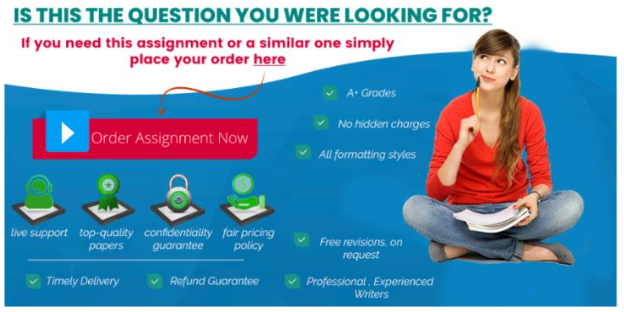WhatsApp Us: at +1 (601) 456-5517
Reach us at: nursinghomeworkservices@gmail.com
Counseling Mock Session Assignment
- Each student will be required to prepare a practice counseling session (mock sessions). The session will be videotaped to DVD format or available to stream.
The video should be 30 minutes in length and should show the start and close of the session. Students will prepare a verbatim transcription (so not the full transcription) of the interview noting the counseling skill and interventions used in addition to their video recording. Use the process recording form.
◦ Recording should show the face of the student (optional of the client)
◦ We must be able to clearly hear the session conversation, please avoid distractions, poor microphones, noisy backgrounds
Check tips on how to do your Nursing Assignment.
◦ The “client” cannot be a minor
◦ Use this process recording form to guide your transcription: FORM
- As you plan your session, pay special attention to the rubric being used to evaluate your work in the session: RUBRIC
- Please ensure you add the link to your video in the text box and also the transcription as a word or PDF attachment
This section will be in form of a 5 – 6-page essay showing all the detailed conversations with the client. The questioning, counseling skills, verbal and nonverbal communication should all be well incorporated in the mock session. The student will use this section to guide the conversation recording with her chosen client.
Counseling Mock Session Assignment
Process Recording
The purpose of a process recording is to give you an opportunity to systematically observe and reflect on your practice and to receive feedback from your field instructor and faculty field liaison. Use the attached format (electronic copy is on Blackboard). It is important to select a case and client interaction in which you are trying to engage the client around a substantive issue. Process recordings that do not reflect substantial, meaningful engagement with client around important issues will not be accepted, and the student will have to do another process recording. A sample of a well-done Process Recording can be found on the Blackboard site for this course.
Background Information – This section will be on a separate Word Document
Provide the following background information regarding the client and your interactions with him/her on a face sheet(s) (not on the form)
- Pseudonym
- Age, race, gender, family constellation, and other relevant demographic and social characteristics
- Presenting problem(s)
- Identified strengths relative to presenting problem
- Treatment goal(s) you are working on with client and how you negotiated these with the client
- Theoretical approach you are using with this client and your rationale for selecting it
- Purpose(s) or objective(s) for the session you are reporting on (are these yours, the client’s, or shared between the two of you?)
- A summary of your analysis of the extent to which you and the client met these objectives (provide support for your analysis)
- A summary of what, if anything, you would have done differently in this interaction
Counseling Mock Session Assignment
Process Recording Form Instructions for Each Column
- Verbatim: Write down as clearly and precisely as you can what you and the client said and any nonverbal behavior that you observed or communicated; clearly label your and your client’s statements
- Student Feelings/Thoughts During the Interaction: What do you remember thinking and feeling while you were working with the client at key points during the interaction?
- Critical Analysis of Your Effectiveness of your responses and discrete interactions with the client: This is where you critically analyze your work with the client. You are not analyzing the client, but what you did that was effective (therapeutic) or not effective (non-therapeutic) and what you might have done differently. Be sure to recognize your strengths! If you think you could have been more effective at specific points, write down what you might have said differently.

